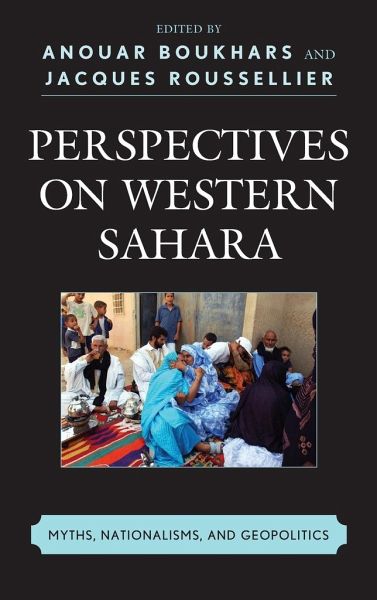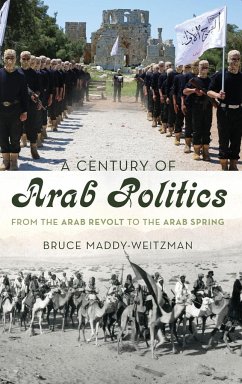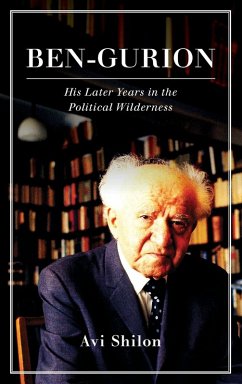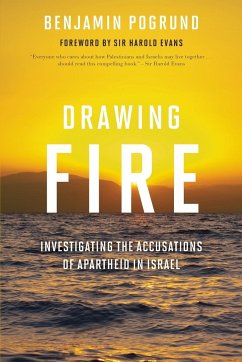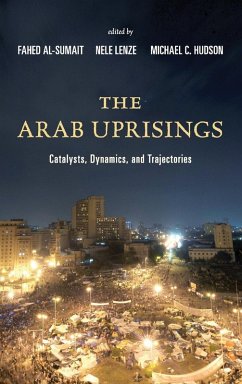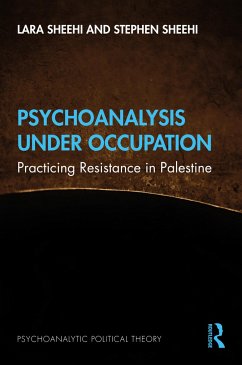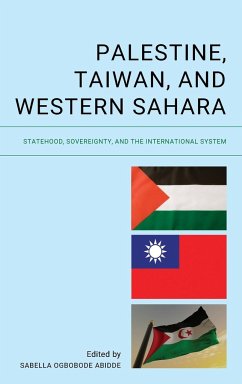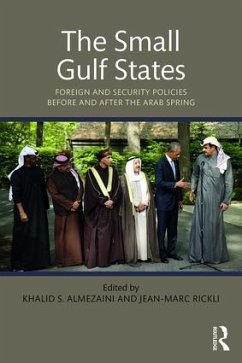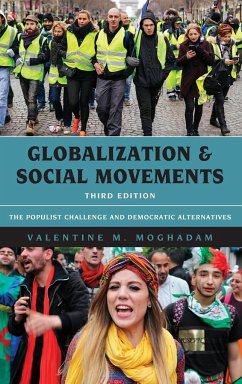Editors Anouar Boukhars is assistant professor of international relations at McDaniel College in Westminster, Maryland. He is also a non-resident scholar in the Middle East Program of the Carnegie Endowment for International Peace and an associate fellow at the Madrid-based Think-tank, FRIDE. He is the author of Politics in Morocco: Executive Monarchy and Enlightened Authoritarianism (Routledge, 2010) and co-editor of Perilous Desert: Insecurity in the Sahara (Carnegie Endowment for International Peace, 2013) Jacques Roussellier is an instructor at American Military University and international political consultant. Author of Quicksand in the Western Sahara? From Referendum Stalemate to Negotiated Solution (International Negotiation 2005). Contributors Osama Abi-Mershed, associate professor of history, Georgetown University. Laurence Aïda Ammour, Research Fellow in Les Afriques dans le Monde at the Institute for Political Science in Bordeaux. Aomar Boum, assistant professor, School of Middle Eastern and North African Studies, University of Arizona. Joshua Castellino, professor of law and head of Law Department, Middlesex University, UK. Elvira Domínguez Redondo, senior lecturer in law at Middlesex University, UK, and adjunct lecturer of the Irish Centre for Human Rights, NUI Galway, Ireland. Edward Gabriel, former U.S. Ambassador to Morocco from 1997 - 2001; currently Chair of the Moroccan-American Center, Visiting Fellow at the Center for Strategic and International Studies. Robert Holley, served in the US Foreign Service from 1980 - 2002. Currently advises the Government of Morocco and is the Executive Director of the Moroccan American Center for Policy. Stephen King, associate professor of government at Georgetown University. Khadija Mohsen-Finan is a professor of political science at Université Paris 1 (Panthéon-Sorbonne) and Sciences Po Paris. She is also a research associate at IRIS (Institut de relations internationales et Stratégiques). J. Peter Pham is director of the Africa Center at the Atlantic Council in Washington, DC. He is the also the vice president of the Association for the Study of the Middle East and Africa (ASMEA) and editor-in-chief of its peer-reviewed Journal of the Middle East and Africa. Samuel Spector, US House of Representatives. Former independent legal consultant specializing in the Middle East and North Africa, Fulbright Fellow at Tel Aviv University. Glynn Torres-Spelliscy, instructor of public international law and human rights at the New School, New York City and at St. Petersburg College, FL. Antonin Tisseron, research fellow at the Institut Thomas More in Brussels. Former member of the French Department of Defense. William Zartman, served as Jacob Blaustein Professor of International Organizations and Conflict Resolution at SAIS for nearly 20 years, where he also directed the Conflict Management and African Studies programs.
